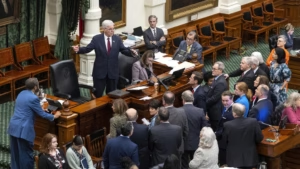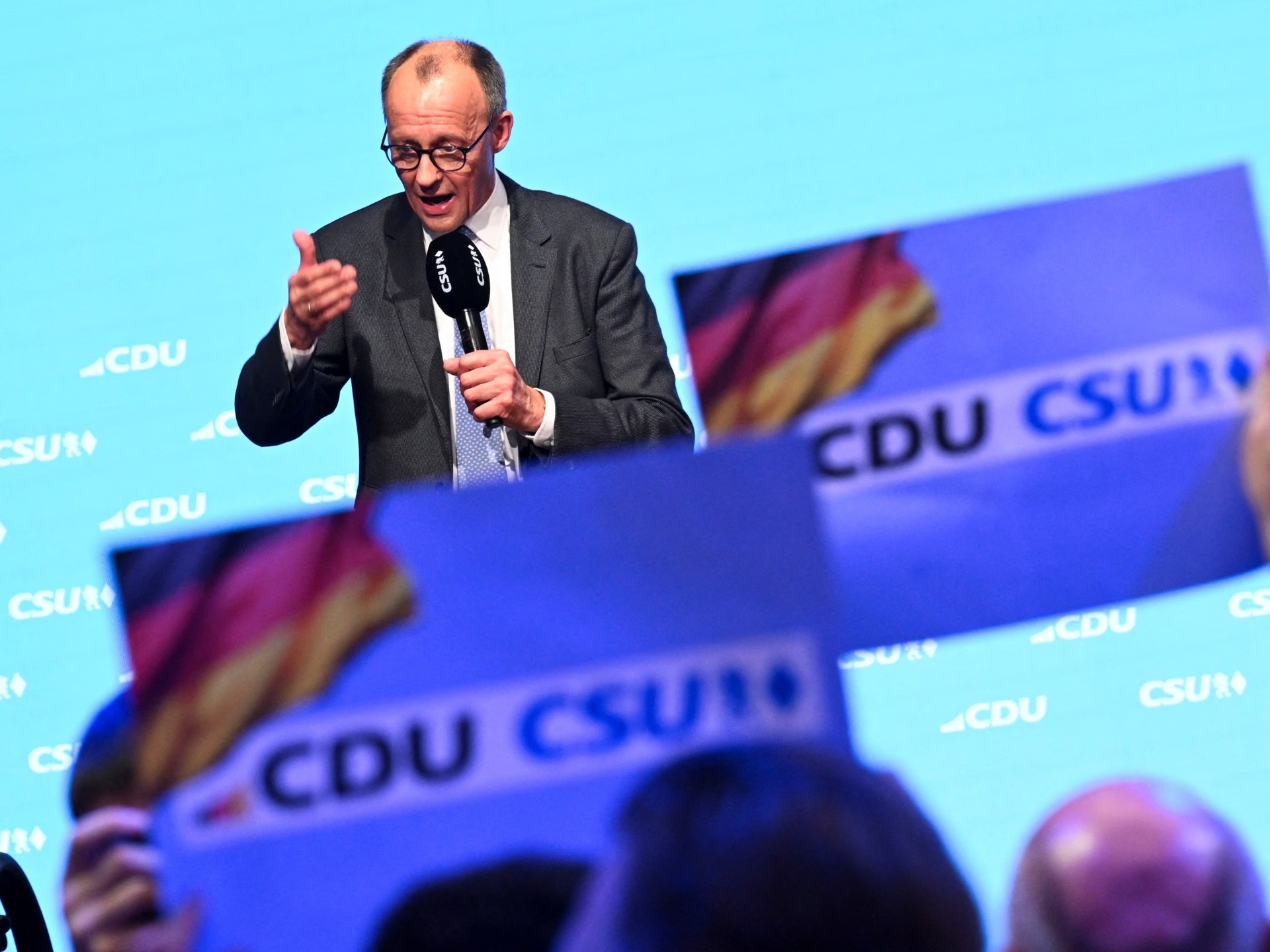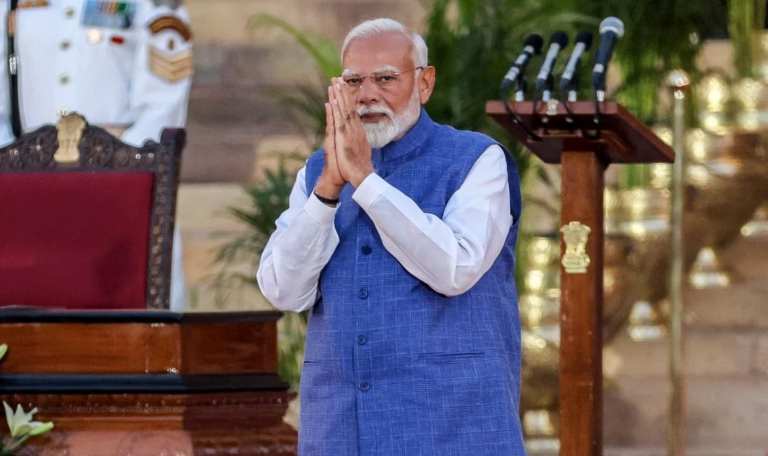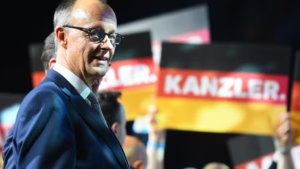Prior to Sunday’s election, German Chancellor Olaf Scholz and opposition leader Friedrich Merz make their final pleas to voters.
Friedrich Merz, the frontrunner from the center-right Christian Democratic Union (CDU) party, vowed to revitalize Europe’s largest economy and safeguard Europe’s interests against a confrontational US administration.
“Under my leadership, Germany will once again have a strong voice in the European Union,” Merz declared to an enthusiastic crowd in Munich. He stressed the importance of Europe being a key player, rather than simply seeking a seat at the side table.
According to Merz, Europe must prioritize safeguarding its interests vis-à-vis Russia, China, and if necessary, the US.
He emphasized that economic weakness is primarily a self-inflicted problem in Germany and that respect can only be regained in the European Union by overcoming this weakness.
The CDU party is currently in the lead, with polls showing they have 30 percent of the vote.
The elections come during a tumultuous period for Europe and Germany, as US President Donald Trump has disrupted the unified Western stance on the Ukraine war by reaching out to Russia. Additionally, Trump’s threats of a trade war and the country’s shrinking economy pose more challenges for Germany, which is already grappling with social polarization on issues such as immigration and security.
Sunday’s vote is occurring more than half a year ahead of schedule following the collapse of Chancellor Olaf Scholz’s three-way coalition government in early November. This vote is anticipated to deliver a historic result for the far-right Alternative for Germany (AfD) party, which has been polling in second place at approximately 20 percent and has been fueled by anger over deadly attacks and incidents blamed on immigrants.
The AfD has received strong support from Trump’s inner circle, with tech billionaire Elon Musk and Vice President JD Vance voicing their endorsement for the party.
Halting the rise of the AfD is a central task of the election, Scholz stated to constituents in Potsdam. He stressed that uncertainty about the future must be addressed by ensuring the country’s continued progress in the next 10, 20, or 30 years.
Scholz, the incumbent chancellor, emphasized his support for Ukraine and called for increased spending on Germany’s defenses.
“We have not left Ukraine alone, and that must not change in the future,” Scholz stated. He emphasized the importance of Europe being strong enough to use deterrence and prevent war in Europe.








